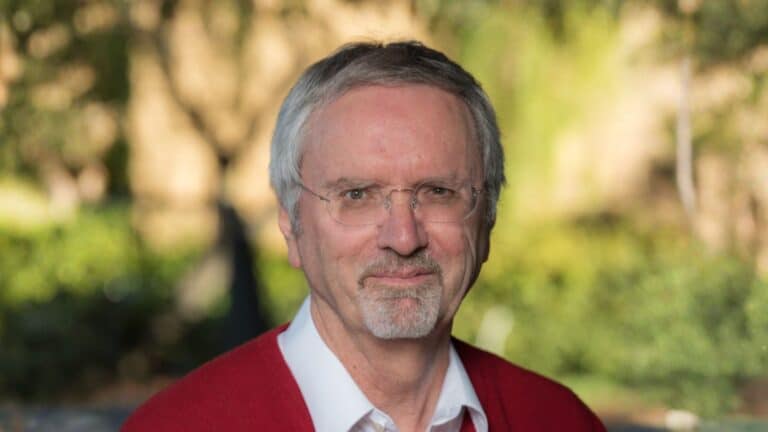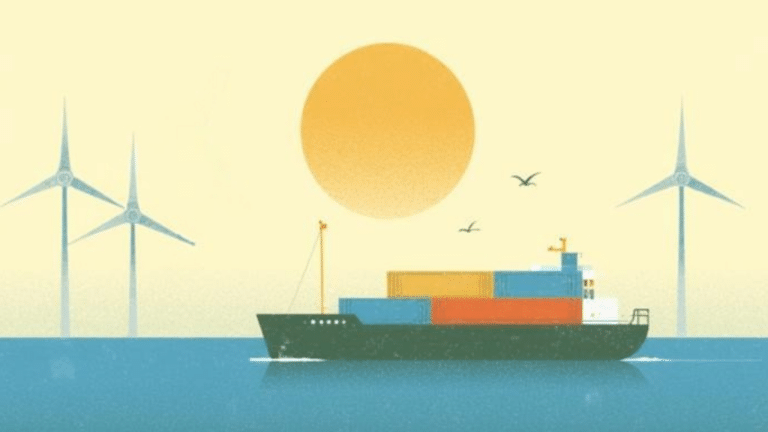This website uses cookies as well as similar tools and technologies to understand visitors’ experiences. By continuing to use this website, you consent to Columbia University’s usage of cookies and similar technologies, in accordance with the Columbia University Website Cookie Notice.
Hurricane Maria was one of the most devastating storms to ever hit the United States, leaving a path of death and destruction across Puerto Rico last September. The electric grid faced extensive damage that put virtually the entire population without power for weeks and months.
On this edition of the Columbia Energy Exchange podcast, host Bill Loveless talks to Carlos Torres, a former official with Consolidated Edison in New York, and the man assigned by the Governor of Puerto Rico with the difficult task of coordinating the restoration of electricity for the island. Carlos spent more than 30 years at Con Ed managing emergency management and storm restoration efforts, including overseeing the utility’s response to major storms like Super Storm Sandy and Hurricane Irene, and emergencies like the September 11 attack at the World Trade Center and the 2003 Northeast Blackout.
But putting the lights back on in Puerto Rico was the most challenging mission of his career, Carlos says. In fact, he told a congressional committee that the damage caused by Hurricane Maria on the island was unlike anything he and others in the industry had ever seen on the U.S mainland.
Bill and Carlos met recently in Washington, D.C. at the Edison Electric Institute, the trade association for investor-owned utilities in the United States where Carlos has worked as a consultant since October. With electricity now nearly restored in Puerto Rico after a year, Carlos talks about the difficulties of achieving that goal, and lessons learned regarding making electric grids resilient to Mother Nature in Puerto Rico and other parts of the United States. He and Bill also touched on the role public policy plays in promoting such resilience, especially now as we find ourselves in the midst of another hurricane season.
More Episodes
Oil and Venezuela: What’s Next?
Early on January 3, 2026, the United States apprehended Venezuelan President Nicolás Maduro and his wife and removed Maduro from power. Maduro was transported to New York, where he now faces federal charges of narco-terrorism and drug trafficking.

Editor’s Pick: Sean Casten on US Energy Policy in a Partisan Era
This has been a crucial year for US energy policy. The passage of the One Big Beautiful Bill Act eliminated many of the clean energy incentives that were...

Luisa Palacios and Eddie Fishman on the US Pressure Campaign on Venezuela’s Oil
Over the past week, President Trump has intensified pressure on Venezuelan president Nicolás Maduro by targeting the regime’s economic lifeline—oil. The United States has seized two oil tankers...

From Hot Rocks to Clean Power: Roland Horne on the Future of Geothermal
If it seems like you're hearing a lot more about geothermal energy lately, that's because this clean, firm energy source is at a technological turning point. With roots...

Relevant
Publications
Why ‘Taking’ Venezuela’s Oil Hurts U.S. Energy Security
In discussing the dramatic seizure of Venezuelan President Nicolás Maduro and his wife, Cilia Flores, over the weekend, President Donald Trump declared that the United States would now “take back” the country’s oil. Yet he has offered little clarity on what exactly this means.

Venezuela: The Post-Maduro Oil, Gas and Mining Outlook
The country could see a relatively rapid recovery of some oil production, depending on the leadership that emerges.

Q&A on US Actions in Venezuela
Early on 3 January 2026, the United States launched a military operation to arrest President Nicolás Maduro and remove him from Venezuela.

Trade’s Emergence at International Climate Talks and the Limits on Consensus
This Energy Explained post represents the research and views of the author(s). It does not necessarily represent the views of the Center on Global Energy Policy. The piece...

